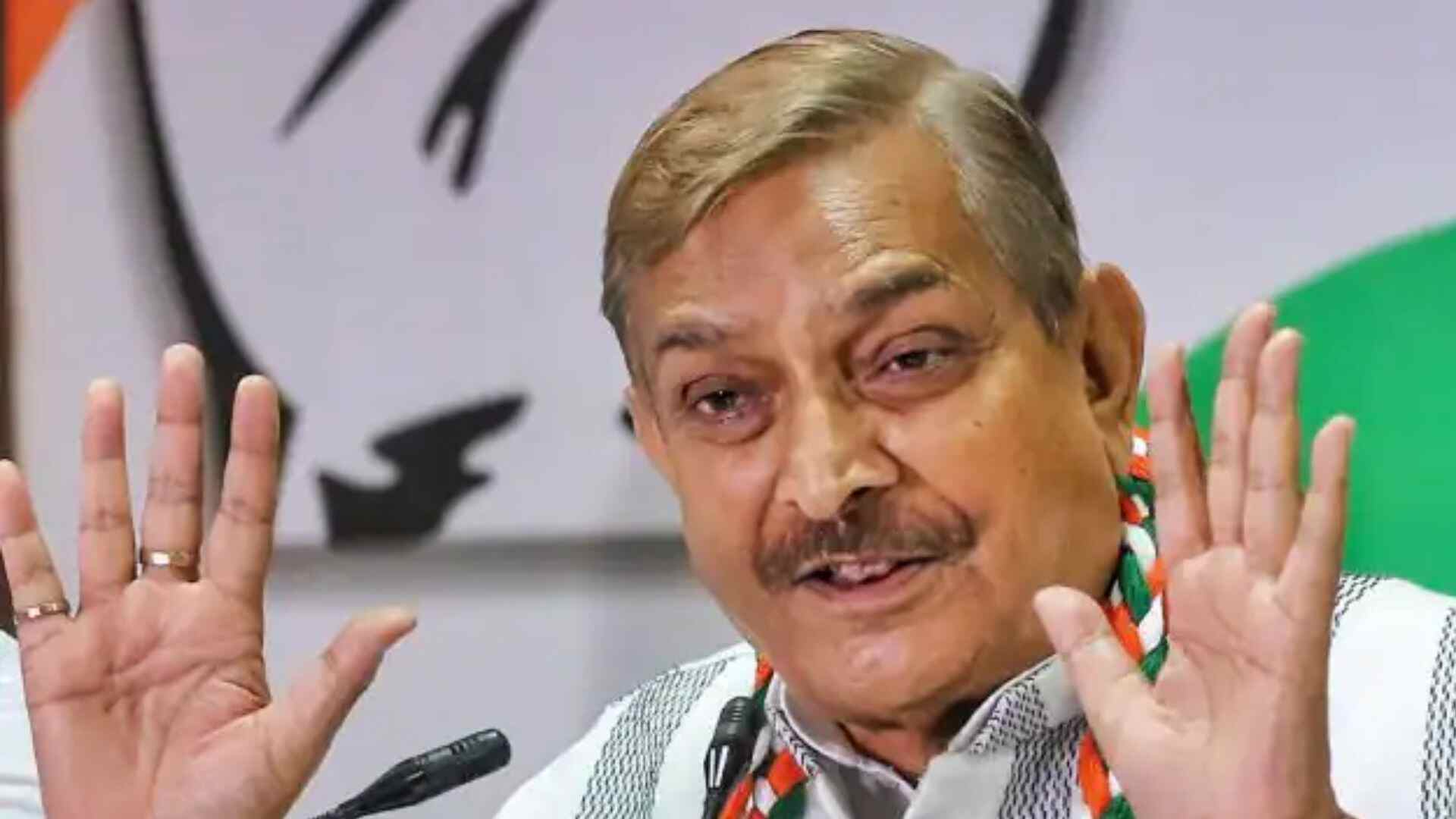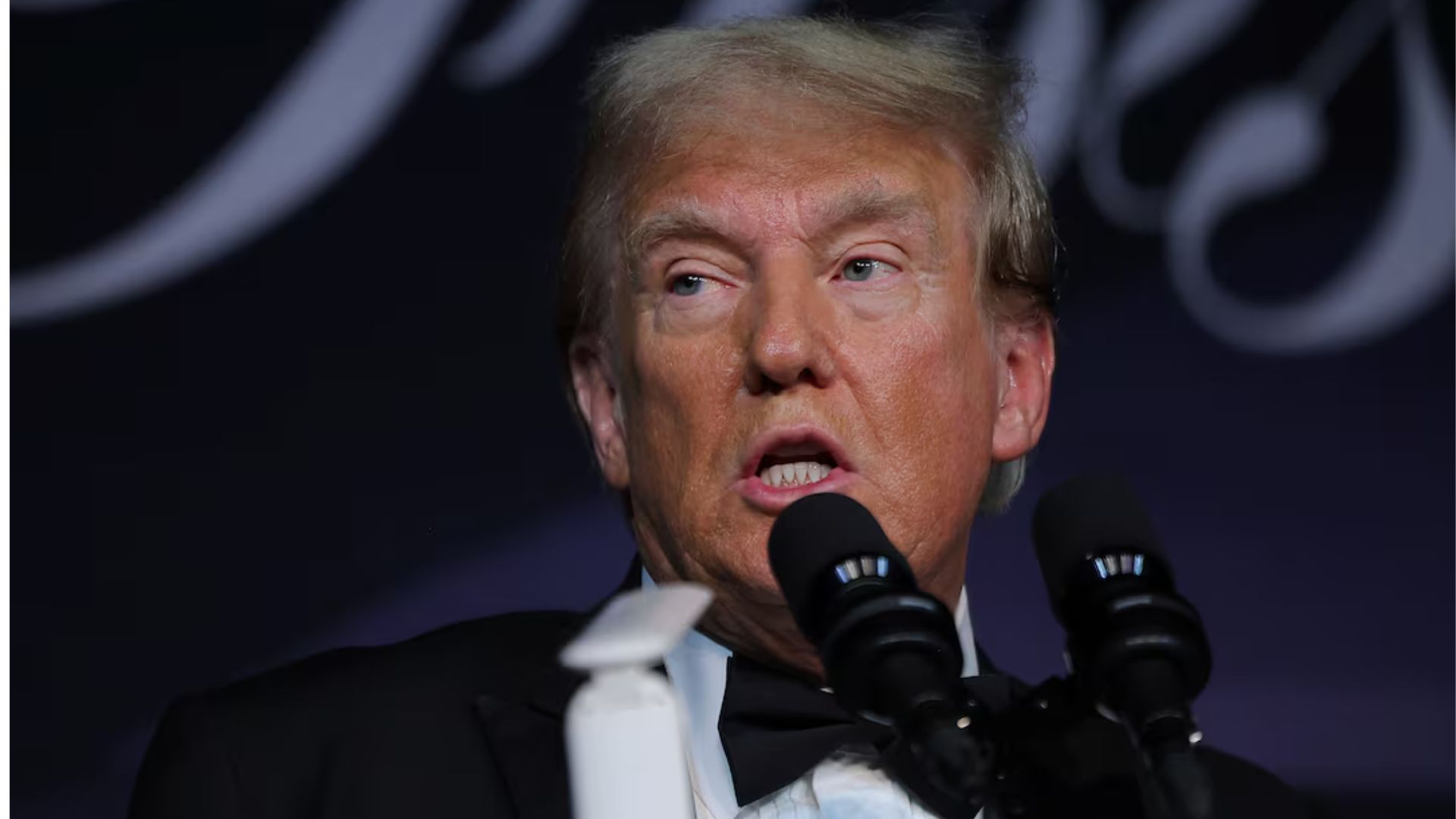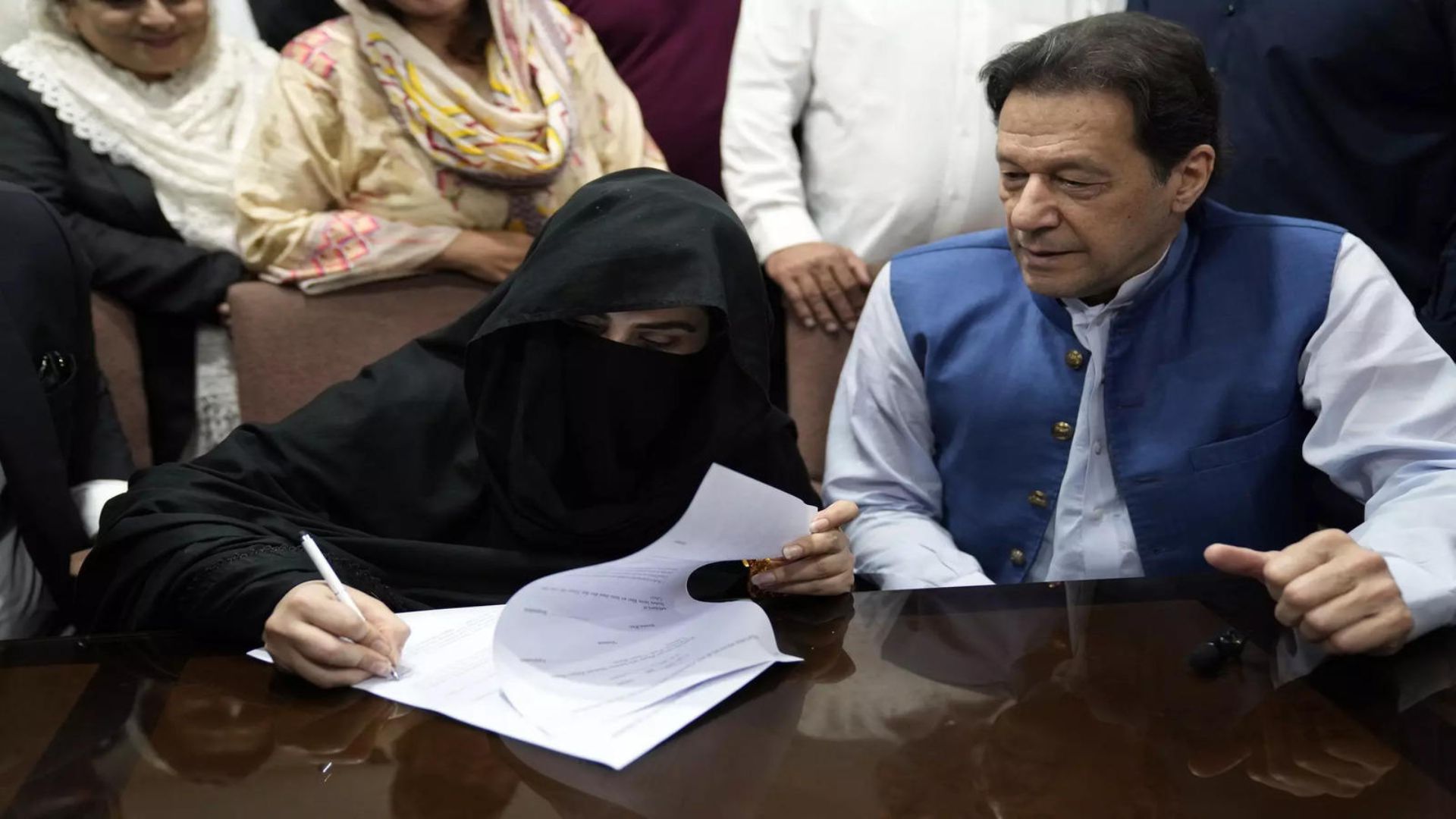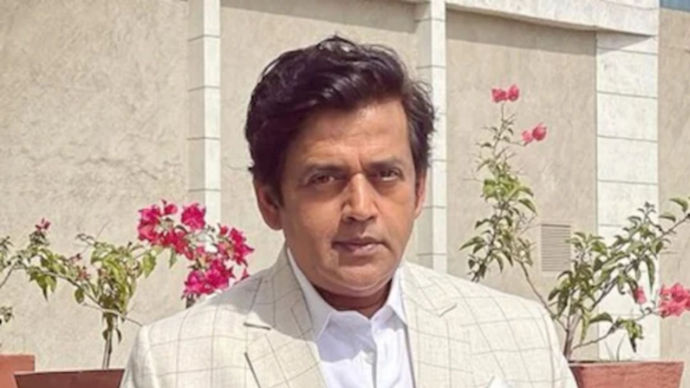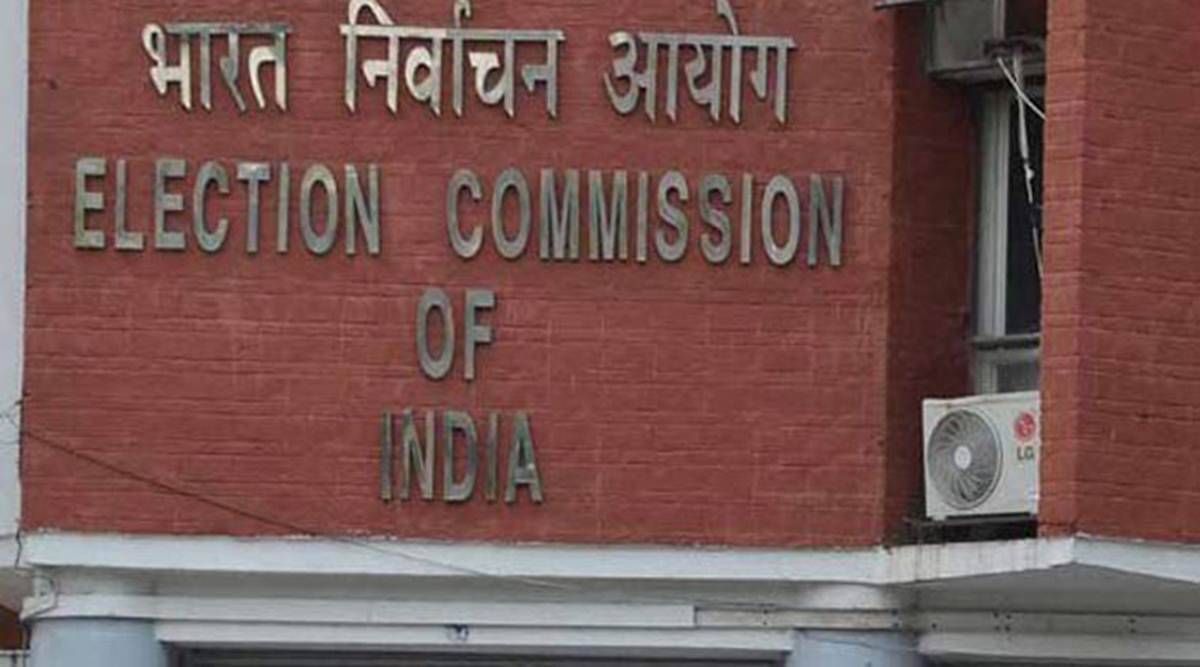
In the 2024 Lok Sabha elections, the Election Commission of India (ECI) has set a remarkable precedent by implementing a series of pathbreaking measures to ensure maximum voter participation and inclusivity. These initiatives empower marginalized segments and redefine the fabric of the world’s largest democracy, making it a truly representative and participatory process.
One of the most significant shifts in the Indian electoral process, the facility to vote through postal ballots from home for citizens who are 85 years of age and above and those with 40 percent or above disabilities has been received positively. This new provision though introduced has garnered a phenomenal response; people casting their votes, accompanied by a full contingent of polling staff and security personnel to maintain the secrecy of the ballot ECI has not only allowed these segments to vote in a democracy without compromising their well-being but also has set a precedent for the rest of the nations. This initiative has the potential to change the electoral processes and ensure that no eligible citizen is deprived of their fundamental right to vote due to age or disability.
ECI has implemented a broad agenda for the promotion of the participation of the communities whose voting rights have been stripped. All polling booths have been furnished with ramps, signs, parking zones, separate lines, and volunteers to assist voters. The SAKSHAM app has allowed persons with disabilities to access facilities such as wheelchairs, pick-and-drop services, and voluntary services. Braille-enabled EVMs, EPICs (voter IDs), and voter slips have been provided to ensure inclusivity for visually impaired electors, while dedicated polling stations managed exclusively by officials with disabilities have been set up across the country. These works do not only equalize the area but also foster a sense of ownership and participation among the differently-abled community.
For the first time in a General Election, the Shompen tribe of Great Nicobar and the Nishi tribe of Arunachal Pradesh who had never voted before were provided the opportunity to vote through ECI. Polling stations were established in the most secluded places including in shipping containers for the tribal electors to vote in their villages.Free transportation facilities were provided to enable the participation of Particularly Vulnerable Tribal Groups (PVTGs), many of whom had previously been deprived of their voting rights due to their nomadic lifestyles or lack of proof of residency. By ensuring their inclusion, ECI has taken a significant step towards realizing the true spirit of the universal adult franchise.ECI has tried to do a lot in overcoming the social and psychological problems of minority groups for example the transgenders, the sex workers, and the PVTGs. In addition to facilitating their involvement, these measures combat pernicious prejudices and prejudices, paving the way for a more tolerant society. Through advocating for these often marginalized groups, ECI is leading the way for change, opening the path for their assimilation by other institutions.The Commission has simplified the voting process for Kashmiri migrants by abolishing the cumbersome Form-M procedure and allowing self-attestation of certificates. Since these persons were displaced, separate polling booths were set out in different centers including Jammu, Udhampur, and Delhi. The same procedure was followed for the internally displaced persons in Manipur where polling stations were established tailored for them.
These measures also help guarantee that the people displaced can be able to exercise their democratic rights. They also affirm ECI’s adherence to the tenets of the universal franchise, regardless of the position of the person in question.ECI has tried its best to remove social & psychological problems faced by the so-called untouchables such as transgenders, sex workers, and PVTGs. To enhance the productivity and active involvement of the participants from the ‘transgender community, ECI launched ‘Rainbow Booths’. Not only did this pioneering effort help ensure third-gender voters had a safe and welcoming place to vote but it also engaged and changed the mindset of the society to accept third-gender individuals, thereby reducing their marginalization and isolation in the broader society. The primary steps were taken to empower women and increase their participation rate in the democracy; ECI arranged ‘Sakhi Booths’ or women-only polling stations in the country. Thanks to these booths all the officials of which were women, the women voters could go in to exercise their right to vote without any prejudice. To make people have a feeling that ECI belongs to them and they are ready to contribute, eleven PwDs were selected as ECI’s brand ‘Ambassadors’, and para-archer Sheetal Devi was appointed as National Icon. Other relevant commitments to popularize voting among the diverse populace were making state-level icons and ambassadors. These ambassadors act as the living emblems of diversity that motivate and facilitate other people’s engagement in the democratic process. This not only gives the asserted individuals a feeling of inclusion but also helps subvert the norms of the majority, leading to the improvement of their statuses in society.
The collective efforts of the Election Commission led by Chief Election Commissioner Rajiv Kumar and Election Commissioners Gyanesh Kumar and Dr. Sukhbir Singh Sandhu have indeed established benchmarks for the global community in terms of effective, free, fair, inclusive, and accessible elections. These are not mere activities of tokenism but real changes in the electoral process, aimed at including all the voters who have the right to vote but were previously excluded from the process. Through dismantling barriers and promoting the voices of the excluded, ECI is not only ensuring the vibrant working of India’s democracy but also providing a model for other countries to follow.
These measures have the leeway to bring a new dimension to the electoral process such that it portrays the diverse face of the country and instills the spirit of citizenship in every individual. As India continues its journey towards becoming a more inclusive and equitable society, the Election Commission’s initiatives will play a pivotal role in shaping a more participatory and representative democracy, where every vote counts and every voice is heard, regardless of age, disability, or social status. In scripting this new chapter of Indian democracy, ECI is not just conducting elections but redefining the very essence of what it means to be a true participatory democracy, one that celebrates diversity, empowers the marginalized, and upholds the fundamental democratic principles of equality and universal adult franchise.
